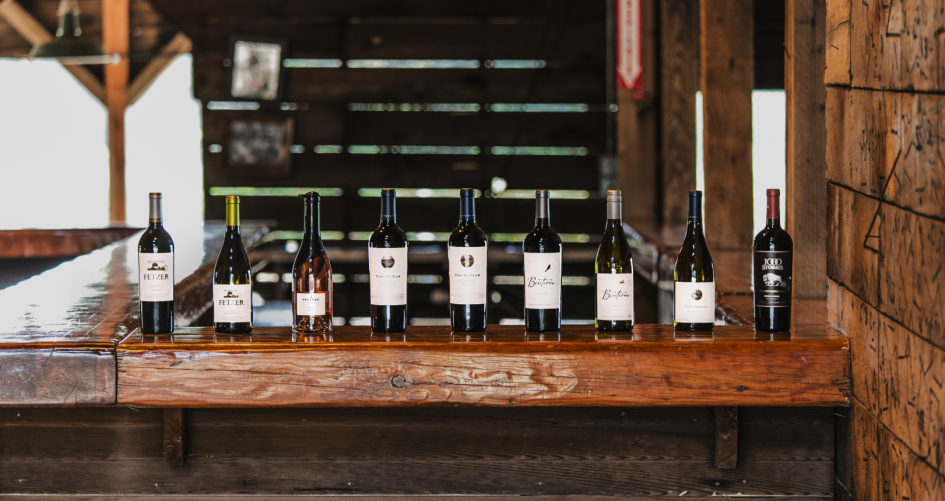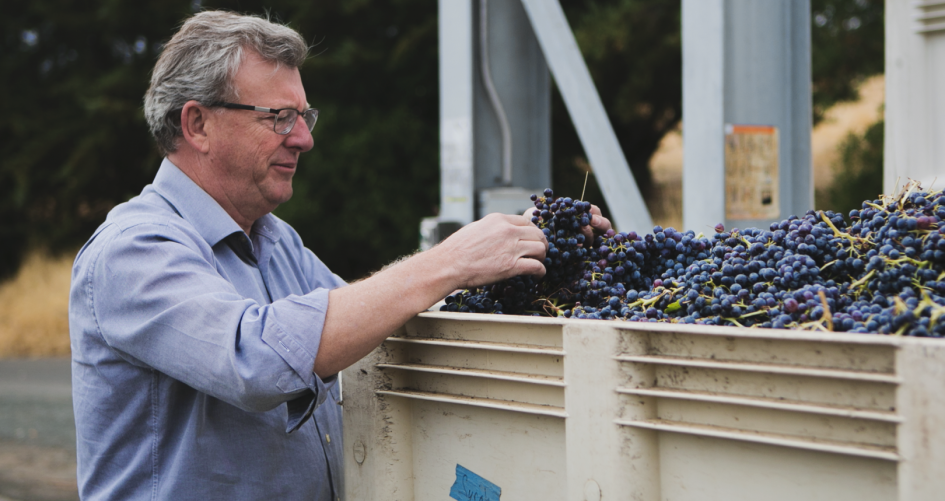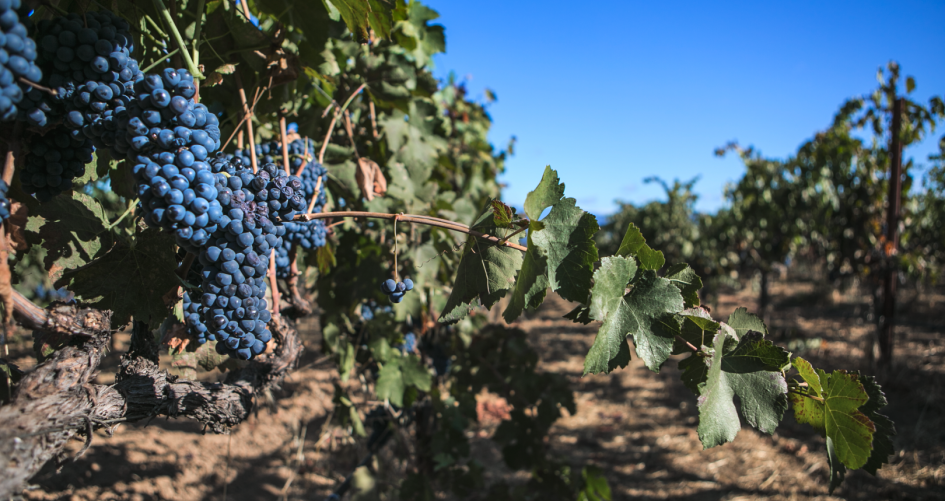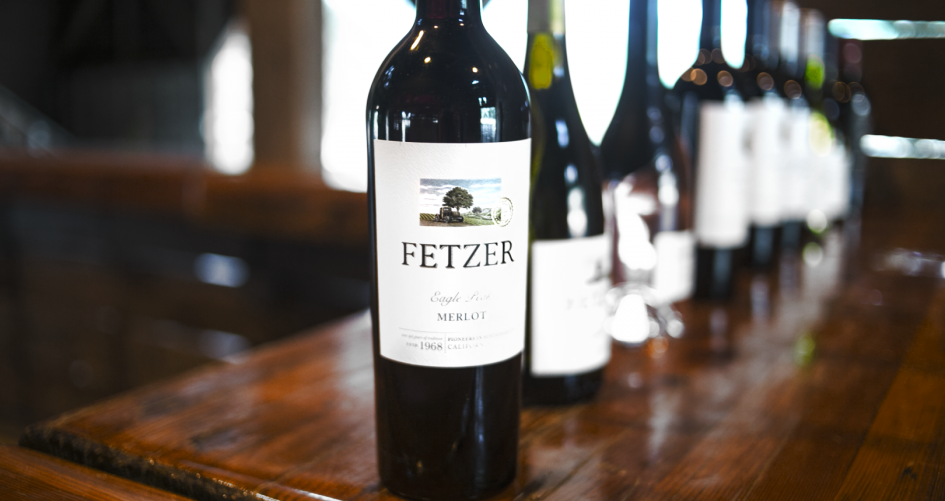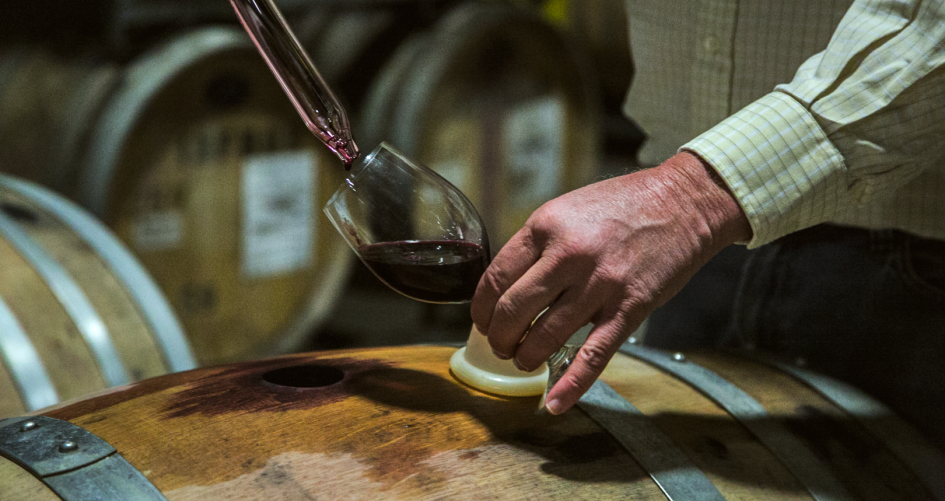Fetzer Vineyards has been leading the wine industry in sustainable practices by growing 100% organically in their Mendocino vineyards since the 1980s, becoming the first Zero Waste certified wine company in the world, and the first winery in California to operate on 100% renewable energy.
In 2016, Fetzer Vineyards was the first wine company in the United States to become certified CarbonNeutral© by Natural Capital Partners, demonstrating that successful and profitable businesses can lead in the fight against climate change.
Since Fetzer Vineyards began publicly reporting emissions to The Climate Registry in 2005, the company has significantly reduced its emissions through a variety of mechanisms, such as using on-site solar arrays to power winery operations with 100% renewable energy, and installing an innovative new wastewater treatment system that uses 85% less energy. Fetzer Vineyards offsets unavoidable emissions with the purchase of verified carbon credits.
Key facts
- An on-site solar array generates around 1 million kWh of renewable energy per year, enabling Fetzer Vineyards to run winery operations on 100% renewable energy;
- In 2016, 99.2% of solid waste was diverted from landfills and incineration through composting, recycling, and repurposing;
- 3,033 tonnes of carbon dioxide equivalent were purchased to offset 2015 emissions.
The problem
The Paris Agreement sets out the objective to limit climate change to well below 2 degrees celsius above pre-industrial levels. Science tells us that, in order to achieve this objective, global society needs to achieve net zero emissions, i.e. climate neutrality by the second half of this century. Climate change is expected to have significant impact on the wine industry due to changing weather patterns, such as drought or excessive rain. Worldwide, agriculture accounts for around 13% of total global emissions, making it the second biggest emitter after the energy sector.
The solution
Businesses can make a huge difference in contributing towards a shift to a carbon neutral society. Fetzer Vineyards has been leading the way in combatting climate change, taking significant strides to reduce greenhouse gas emissions.
In 1999, Fetzer Vineyards installed their first on-site solar array, and began powering winery operations with 100% renewable energy. In 2006, a second solar array was installed, increasing on-site generation of renewable energy to nearly 1 million kWh per year. Complementing this commitment to renewable energy, they have reduced emissions through a variety of innovative mechanisms. Examples include: replacing propane forklifts with electric forklifts; diverting up to 99.2% of solid waste from landfills and incineration through composting, recycling, and repurposing; and installing a wastewater treatment system that uses 85% less energy. Capitalizing on the opportunity to not only reduce emissions but also sequester carbon, Fetzer Vineyards has deployed organic and regenerative agricultural practices to increase soil organic matter in the vineyards, thus maximizing their carbon storage capacity.
The company uses innovative agricultural practices to maximize carbon storage capacity, such as cover cropping, composting, and sheep grazing. Waste diversion practices include composting all grape waste on site, working with vendors to return and reuse packaging and shipping materials, and a robust recycling program in the winery’s production operations and throughout all of Fetzer Vineyards’ Hopland, California facilities.
Helping the planet
Decreasing the use of fossil fuels by switching to renewable energy not only cuts carbon emissions but also reduces the environmental impacts of fossil fuel extraction. Carbon projects deliver a variety of environmental benefits, such as conservation of ecosystems and habitats, avoidance of land degradation, and a greater resilience to extreme weather events. Additionally, waste diversion practices implemented over the years have reduced the amount of landfill and subsequent methane gas emissions.
Helping people
At Fetzer Vineyards, many internal innovations to reduce emissions, such as internal waste audits and an employee organic garden, have been championed by employees themselves, empowering individuals to take climate action and change their lifestyles to become more carbon-neutral. Beyond the winery, Fetzer Vineyards, which crafts flagship Fetzer wine as well as Bonterra Organic Vineyards, 1000 Stories and others, advocates for carbon neutrality at events to raise awareness and showcase their efforts, and to encourage other wine growers to participate in the shift to a low-carbon economy. As consumers have become increasingly aware of the business practices and values behind the products they purchase, Fetzer Vineyards’ commitment to carbon neutrality and responsible business, makes their wine an attractive option. By taking a holistically regenerative approach to winemaking, they have successfully established themselves as a top choice for environmentally conscious consumers.
Spillover effect
As Fetzer Vineyards grows as a company, its positive impacts are far-reaching. Along with growth comes the ability to influence the winery’s entire supply chain, including both grape growers and dry goods suppliers. To this end, Fetzer Vineyards set an ambitious goal to help all of their 100+ grape growers obtain certification through one of the major wine industry sustainability certification bodies by 2020. Simultaneously, a study is being conducted to calculate the carbon sequestration rate of the vineyards, with the aim to educate the entire industry on the climate benefits of organic, regenerative practices.
As a global wine company, Fetzer Vineyards has the unique opportunity to show other wineries and grape growers how to become a part of the solution to climate change. The company’s corporate website shares information about their regenerative and climate neutrality efforts.




Images owned by the activity partners, all rights reserved.
